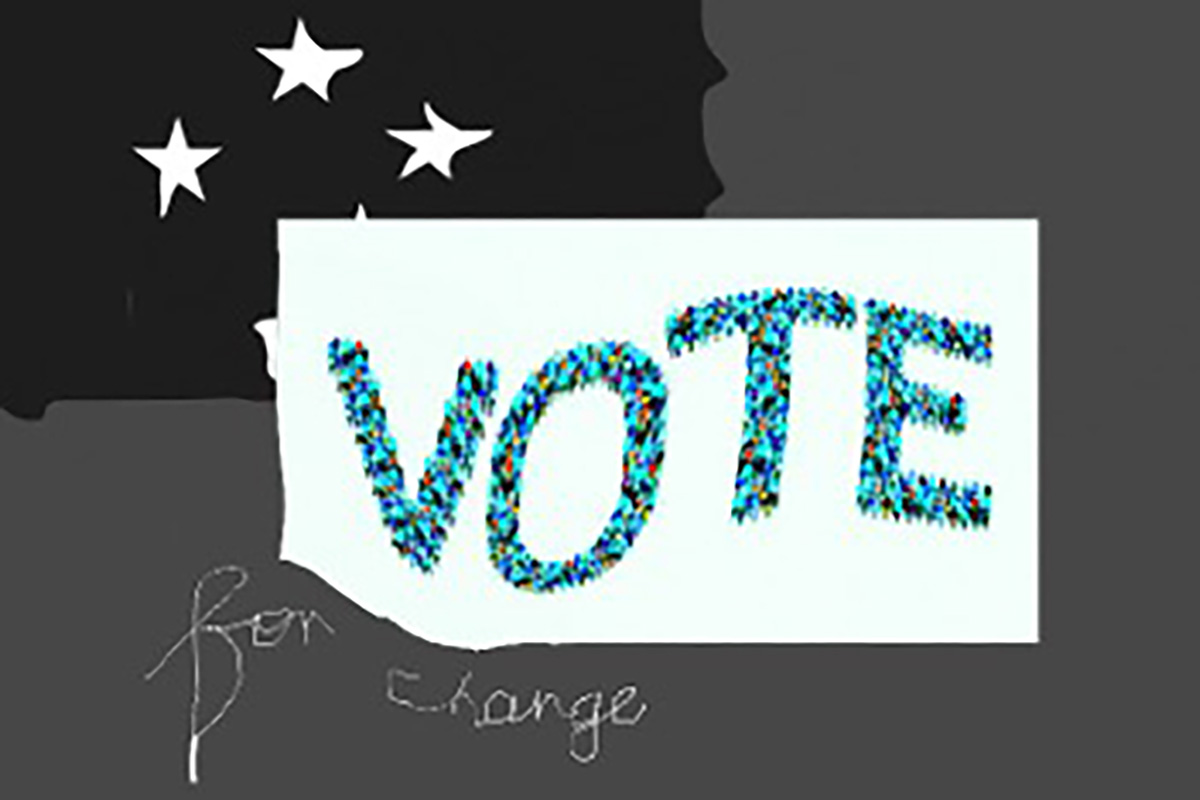"How Ebola is redefining the language of business"
August 25 Updates from West Africa describe the Ebola outbreak in the number of people contracting and dying from the virus, but as Timi Olagunju, 28, a Commonwealth Correspondent from Lagos in Nigeria explains, the outbreak is also affecting the way people communicate and do business.
Updates from West Africa describe the Ebola outbreak in the number of people contracting and dying from the virus, but as Timi Olagunju, 28, a Commonwealth Correspondent from Lagos in Nigeria explains, the outbreak is also affecting the way people communicate and do business.
For a start, let us put a perspective to the term ‘language’.
According to standard grammar, language is a human system of communication, and communication can be verbal or non-verbal. Non-verbal communication requires non-verbal language, and the same applies to verbal communication.
Non-verbal language does not involve the use of words to convey thoughts, feelings, or ideas. Instead it includes shaking hands, hugging, facial expressions, kissing, silence, and many more signals.
In the business environment the handshake as a non-verbal language in its different forms can signal confidence, agreement, power, love, or mutual respect between two persons. In fact, you can leverage on a good handshake to kick-start a good conversation. That is true!
However, since the spread of the Ebola virus to Nigeria, especially Lagos – the largest economy in Nigeria and one of the top ten megacity city migration destinations – where I live handshakes, hugs and pecks have reduced dramatically. I have observed the unwillingness of colleagues, businessmen and women to shake hands at meetings, in the workplace, and even at social gatherings. Recently, I was in a board meeting representing my firm, when a top-notched CEO stretched his hands to another CEO, but got a polite snub.
The other CEO could not risk contacting Ebola, I suppose. The disease is not written on the face and has no respect for persons. Well, he could as well shake hands and quickly apply a hand sanitizer, but would you risk such? I wouldn’t!
Would this affect business? Yes, because it is trite knowledge that a good business starts with a good conversation, and a good conversation can often start with a good handshake. With this background and as a communication trainer, I thought ‘what can be a way out?’
Okay, how about we maximize the use of our facial expression and body posture when we cannot risk a handshake? This is an important consideration, given the fact that body language conveys 55 per cent of meanings and feelings, and about 89 per cent of the world’s population has not properly and consciously learnt the use of facial expression and body language to convey intended business meanings. Many rely on handshakes to strike a non-verbal bond in the business environment. With this in mind, here are a few tips and techniques on posture and facial expressions as the handshake goes on temporary suspension:
- When you are introduced to someone, smile, nod as an acknowledgment, and state your usual greetings. When giving the smile, be sure to make sufficient eye contact.
- Whenever it seems appropriate within a business context, such as sealing a deal, smile, nod as an acknowledgement, and make an appropriate statement. One sentence should suffice, so it not another sermon; for example, ‘thank you, (title and name) for this partnership…’
- At a business meeting, convey confidence in your body and hand posture; perhaps for men by holding the hands together and standing with legs well apart.
- When you say goodbye to someone, smile, and nod. Really mean it.
- Listen, listen and listen; in teaching communication, especially in my listening skills training, I have discovered it is easier to talk than to listen. It takes nature to hear, it takes practice to listen.
Take this to heart; learn, practice facial exercises, and use what you have left to get what you want, as we hope and pray that Ebola goes away soon, and away for good!
photo credit: Nguyen Vu Hung (vuhung) via photopin cc
————————————————————————————-
About me: I give leverage to your voice in the Courts of Law and in the Courts of Public Opinion. I do this as a Legal Practitioner, Public Policy analyst and as an author, majoring in human rights, public policy and information technology law.
I am a graduate of the University of and the Nigerian Law School. An avid public policy analyst and advocate of change, I speak and write about legal and socio-economic topics, entrepreneurship and IT law. LinkedIn: Timi Olagunju e: timithelaw@gmail.com t: @timithelaw #TACTS
————————————————————————————-
Opinions expressed in this article are those of the author and do not necessarily represent the views of the Commonwealth Youth Programme. Articles are published in a spirit of dialogue, respect and understanding. If you disagree, why not submit a response?
To learn more about becoming a Commonwealth Correspondent please visit: http://www.yourcommonwealth.org/submit-articles/commonwealthcorrespondents/
————————————————————————————–




